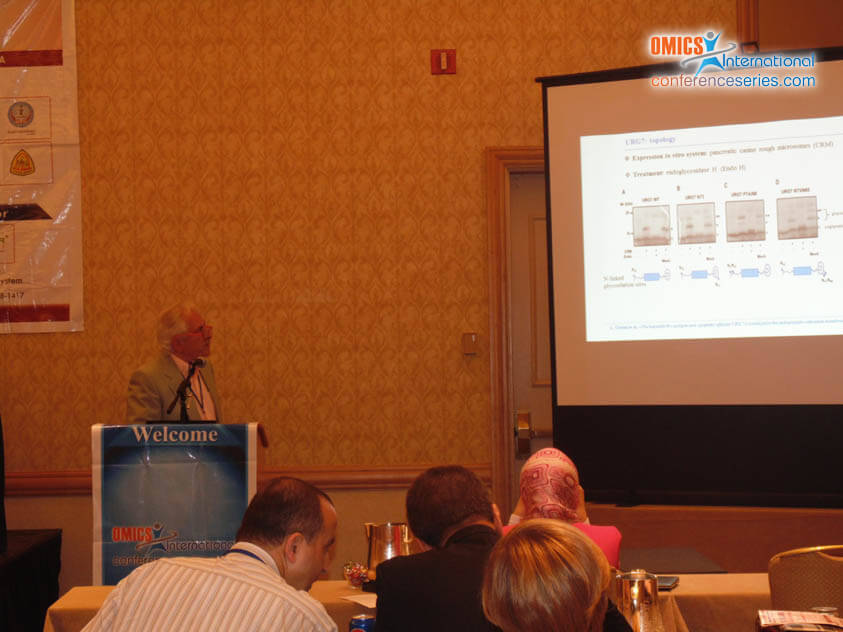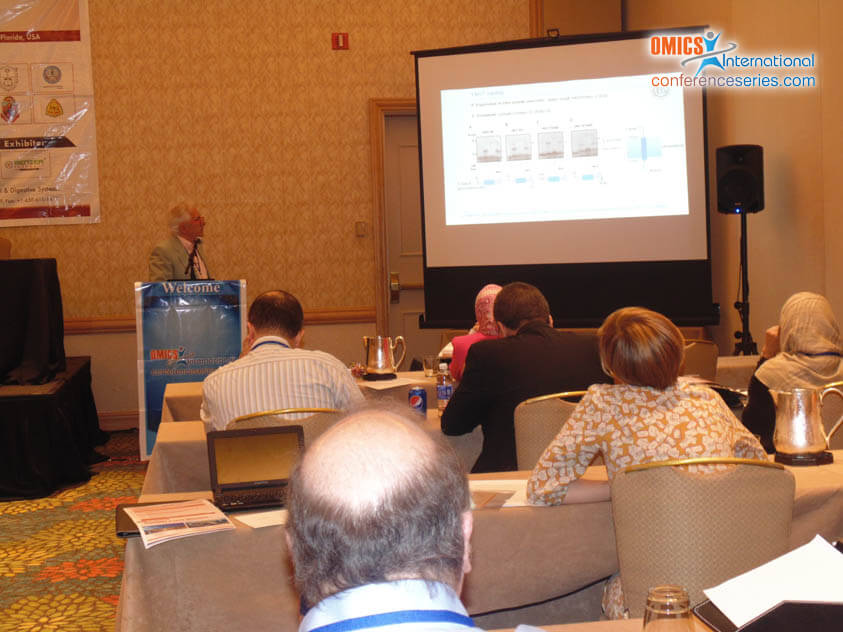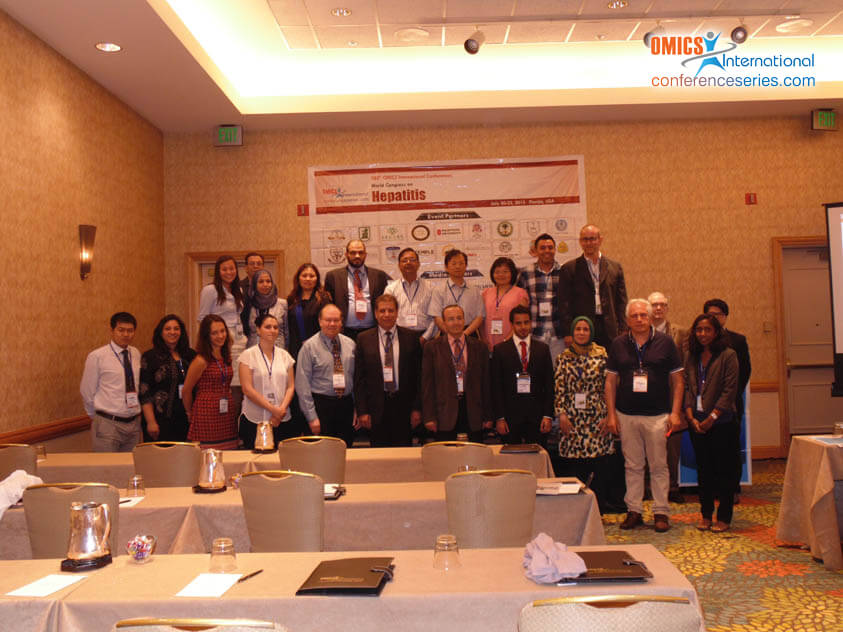
Dr. Faustino Bisaccia
University of Basilicata, Italy
Title: New insight on the hepatite B x antigen effector URG7
Biography
Biography: Dr. Faustino Bisaccia
Abstract
The up-regulated gene clone 7 (URG7) encodes a 99 amino acids protein induced by the hepatitis B virus antigen x (HBxAg). The first 74 amino acid residues are identical to the N-terminal residues of the multidrug-resistance protein 6 (MRP6). Studies carried out on cells transfected with HBxAg or URG7 have demonstrated that URG7 is able to prevent the TNFα- induced apoptosis by inhibiting the caspase 3 and 8 and activating the phosphoinositide 3-kinase and the beta-catenin pathways, thus favoring the survival of the infected cells. Anti-URG7 antibodies, found in the serum of HBV carriers, are considered pre-neoplastic markers for hepatocellular carcinoma (HCC). Recent studies have shown that the URG7 protein is glycosylated at the N-terminal region and is localized in the endoplasmic reticulum (ER) with the N-terminus in the ER lumen and the C-terminal in the cytoplasm. As HBV infection causes ER stress promoting the accumulation of unfolded protein aggregates, we investigated the role of the URG7 protein in the ER stress. Obtained results show that HepG2 cells over-expressing URG7 treated with tunicamycin show a specific pattern of ER stress markers expression suggesting that URG7 drives cells toward survival rather than apoptosis. This result suggests that URG7 can be a molecular target to promote apoptosis in HBV- infected cells.



